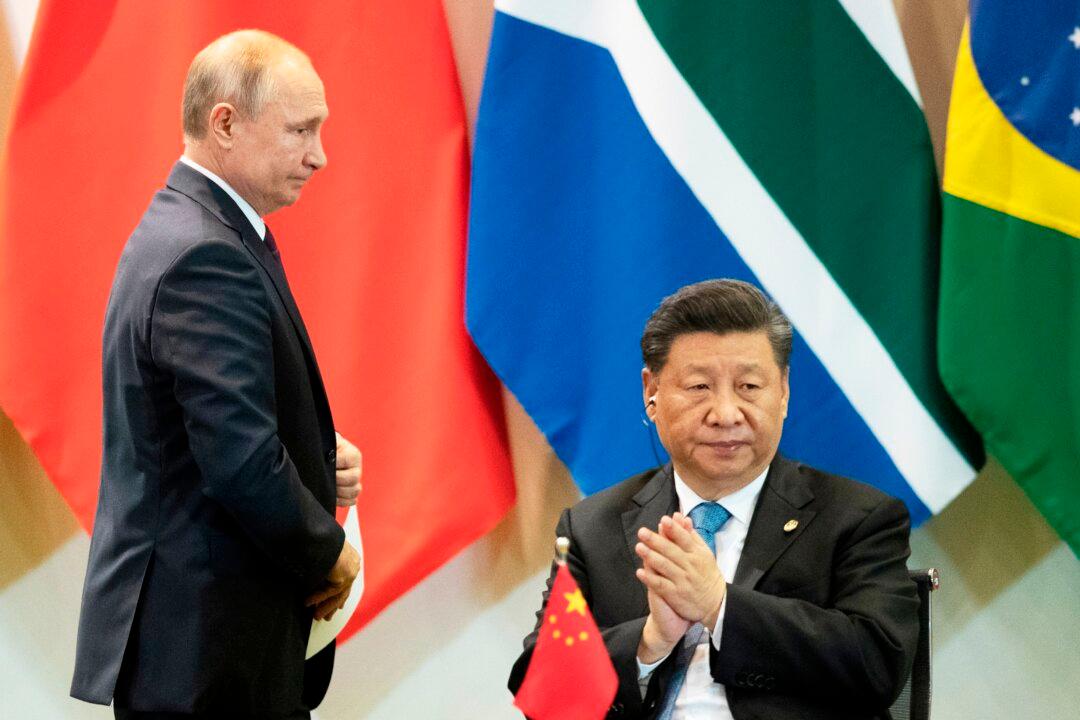Almost one month into Russia’s invasion of Ukraine, the Beijing regime’s diplomatic dance during the crisis has been drawing intensifying criticism from the West.
As the world rebukes Moscow for mounting the war, the regime has sought to cast itself as a neutral party, with an array of statements seemingly aimed at appeasing both sides of the conflict. It has refused to condemn Russia, called for a peaceful settlement to the crisis, declined to join Western sanctions, vowed to continue normal trading with Moscow, and blamed the West for inflaming war in the region.





